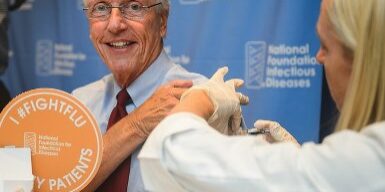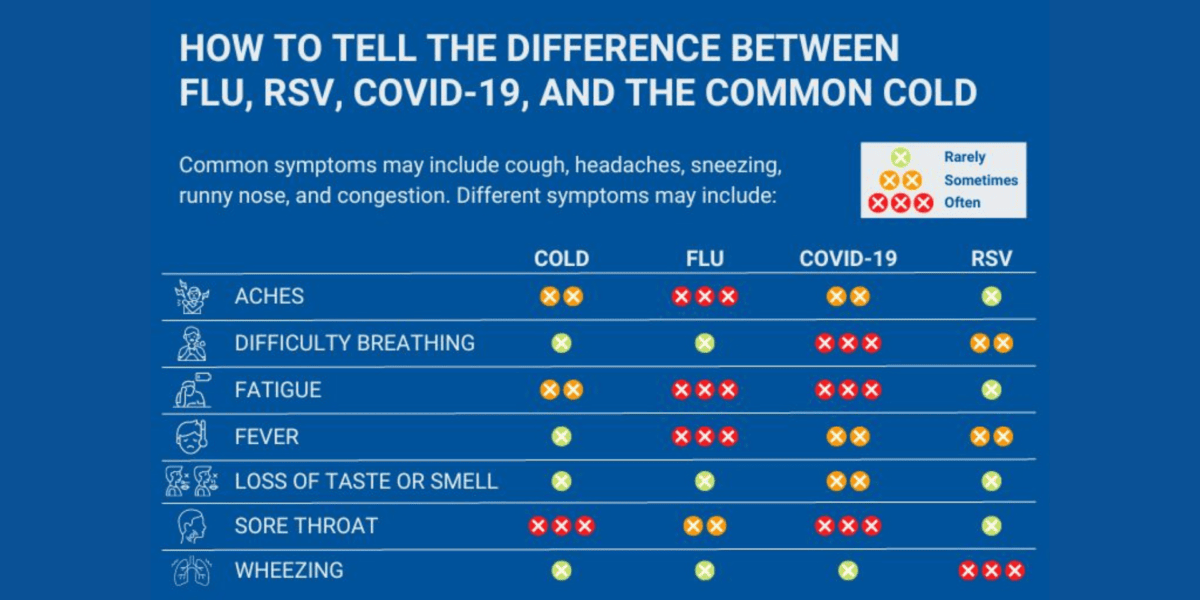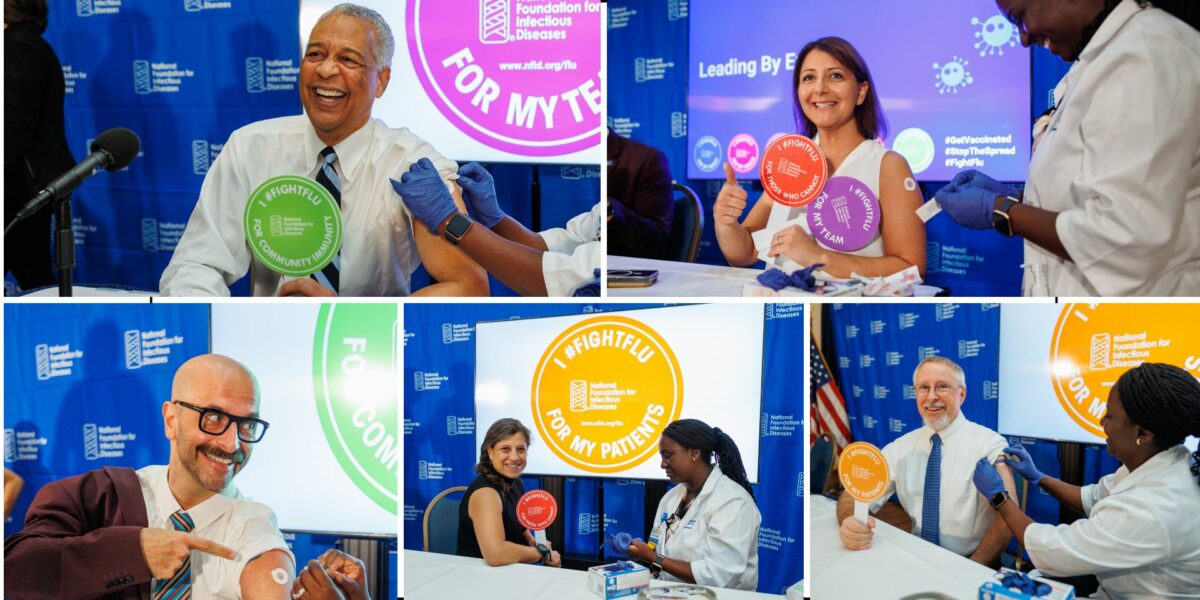
William Schaffner, MD, professor of preventive medicine at Vanderbilt University School of Medicine, and past-president of the National Foundation for Infectious Diseases (NFID), was honored last week as the 2014 Jeryl Lynn Hilleman Lecturer at the National Immunization Conference in Atlanta, GA.
Dr. Schaffner opened with a note of caution about the strong opinions about adult immunization he would be issuing, “channeling” Dr. Maurice R. Hilleman, the passionate scientist and inventor of more than 40 vaccines—including the mumps vaccine he developed from his own daughter Jeryl Lynn’s case in 1963. He made it clear that, when it comes to adult immunization, it’s a “new game, with a new ball and new rules.” In fact, increasing adult immunization uptake presents great opportunities with great challenges. Vaccination for kids is a walk in the park compared to vaccination for adults, which may help explain why adult vaccination rates continue to remain far below public health goals.
He invited the audience to join him on a journey into the Twilight Zone beyond the 19th Birthday…
First, imagine a pediatrician’s office waiting room. What do you see? Healthy children; parents; photos of babies; and posters about growth and development. Pediatricians are generalists whose practices focus mainly on developmental milestones and prevention of disease. In their offices, vaccination is a part of daily practice, and they are experts.
Now, imagine an internist’s office waiting room. What do you see now? Older, ill adults; caregivers; and brochures about diseases. Internists are focused on the treatment of diseases and management of medications, leaving little time to spare for prevention. Thus, vaccination is typically not a part of an internist’s practice, and they’re often not experts on vaccines. Of particular concern are anecdotal estimates that less than 5% of practicing internists are familiar with the Centers for Disease Control and Prevention’s Advisory Committee on Immunization Practices (ACIP) that issues vaccine recommendations.
Adult vaccination is completely different from the fine-tuned machine of pediatric vaccination. It is much more disjointed, with certain vaccines needed at certain times, depending on age and health risk(s). For example, current pneumococcal vaccine recommendations are so complicated that a flow chart with footnotes is needed to determine who should get what type of vaccine and when! And only a select group of adults are mandated to receive certain vaccines, such as members of the military and some healthcare workers and college students. Payment for adult vaccination is also uncertain and confusing. Beyond private insurance co-pays and deductibles, Medicare (Parts B and D), Medicaid, and the Affordable Care Act (ACA), there are also many adults who still have no health insurance.

Now is a perfect time to issue a wake-up call to healthcare professionals who treat adult patients. Adults are not just grown up children and they need vaccines, too. So, what needs to happen to change this picture? If internists are being asked to integrate immunization into their clinical practices to increase vaccination rates for adults, Dr. Schaffner challenged the public health community to lead by example:
- Public health clinics must integrate adult immunization into their practices.
- Immunization standards should be met for the 1.5 million prisoners in the US sentenced to more than one year.
- The 6.6 million US veterans served by the US Veterans Administration should also be receiving immunizations as part of their routine healthcare.
- The approximately 1.9 million American Indians and Alaska Natives who receive healthcare from the Indian Health Service.
- Members of the military are being vaccinated, but their dependents, including an estimated 725,000 spouses, should be as well.
More can and must be done to increase adult vaccination. For more information and resources on increasing adult vaccination rates, visit www.adultvaccination.org.
To join the conversation, follow us on Twitter (@nfidvaccines), like us on Facebook, and join the NFID Linkedin Group.
Related Posts

Harnessing the Power of Local Data
NFID dashboard aims to empower stakeholders with hyperlocal data to increase US adult respiratory vaccine uptake

Is It Flu, COVID-19, or RSV? How to Tell the Difference
Is it a cold that is causing your cough or runny nose? Or could it be something potentially more serious? Although symptoms can be similar, treatment options may differ …

Help Prevent Flu, COVID-19, and RSV This Season
NFID and CDC experts urge vaccination to help protect against COVID-19, flu, pneumococcal disease, and RSV …
